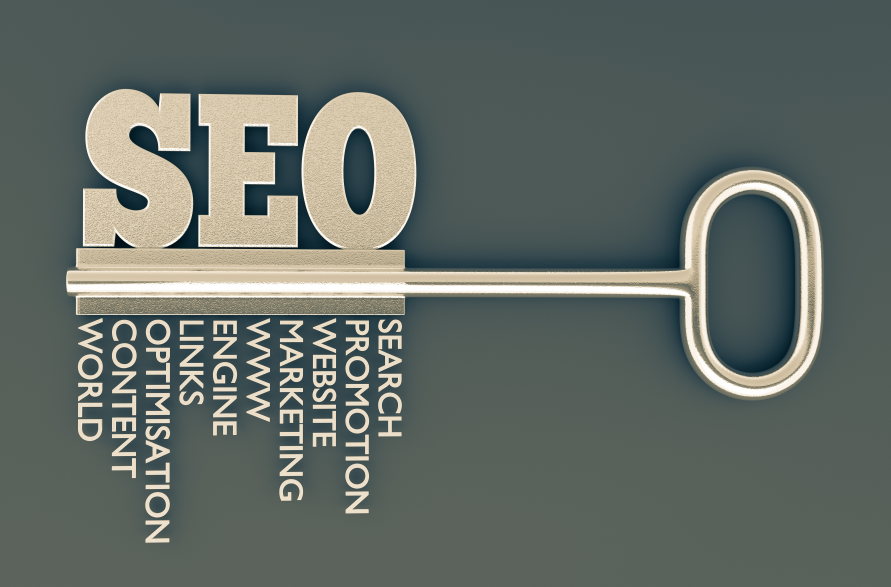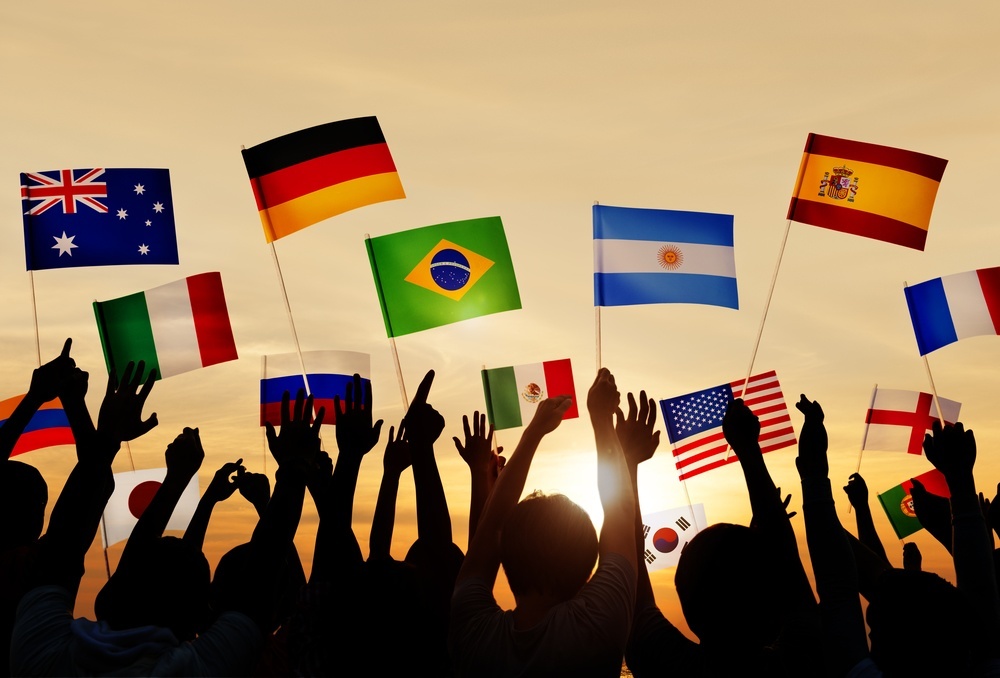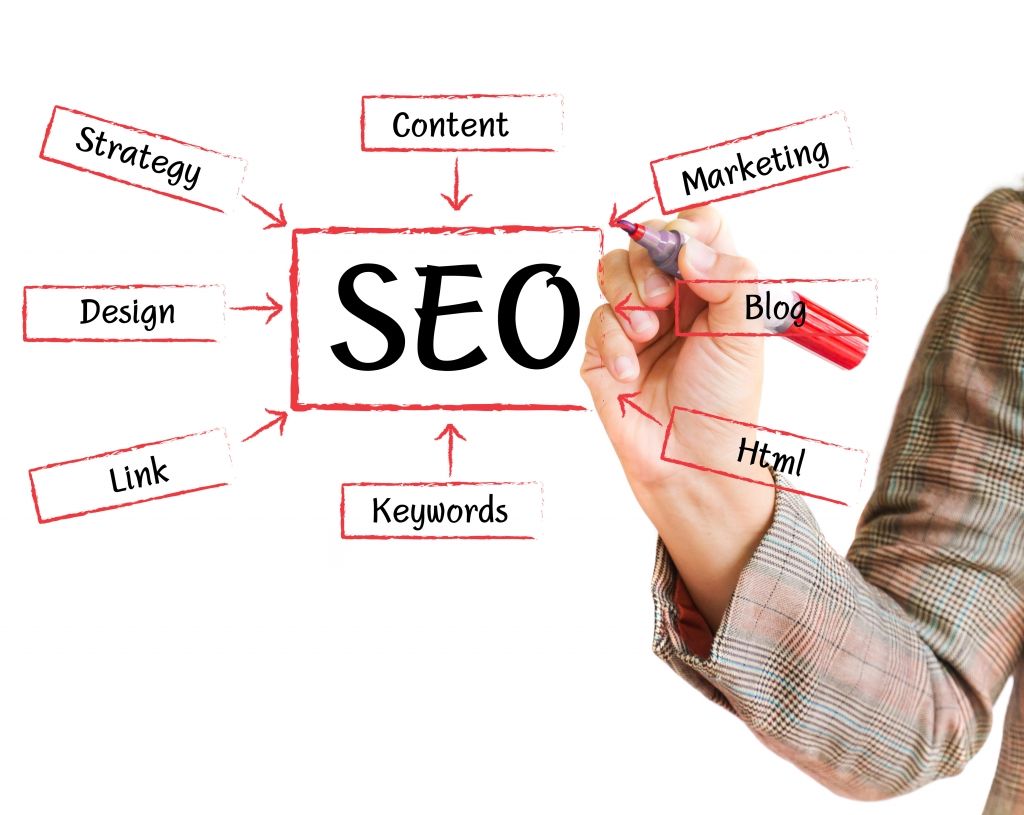The days of the translator’s work being paper based have long passed. The online world is taking on more and more importance. Web translation is becoming one of the most important sources of revenue for translators and one of the most important things to take into consideration when you create online content is to be SEO friendly.
Want to ensure your company’s success in the global market? Multilingual SEO is the answer.
 You know the importance of SEO strategy; you spent a pretty good part of the marketing budget to find the best keywords for your business to put your website in the best position in search engines. However, all these efforts were in vain if you don’t pay attention to carrying out multilingual SEO when you translate your website into other languages.
You know the importance of SEO strategy; you spent a pretty good part of the marketing budget to find the best keywords for your business to put your website in the best position in search engines. However, all these efforts were in vain if you don’t pay attention to carrying out multilingual SEO when you translate your website into other languages.
Multilingual SEO consists of creating optimised content adapted to the language and region where it is targeted.
Multilingual SEO is based on SEO translation and localisation. SEO translation takes into consideration the volume of searches in search engines, whereas localisation adapts the content to the culture of the country that it is being translated for. Working both strategies is what makes Multilingual SEO.
No one knows how to be in the top position in search engines like Google, Yahoo, Bing or Yandex but all SEO specialists agree that, nowadays, multilingual SEO is a must-have if you want good presence and visibility in the global market.
Multilingual SEO, also referred to as International SEO, allows you to have the best content, perfectly targeted to your markets, essentially for geotargeting.
What differentiates BigTranslation from other translation agencies is that we have in-depth experience of multilingual SEO and website translation. This allows us to offer the best translation optimisation for your website, boosting the possibilities of being found by your customers in the way that you would like to be found by them on the Web.
What works in the U.S. in American English is not necessarily the same as in the English that is used in the United Kingdom. Likewise, the same word may not have the same perception in the different countries where Spanish is spoken. To know all these differences you need really qualified native translators with SEO translation experience. Only those native translators that have acquired SEO skills are able take your content to the next level.
How can multilingual SEO help your company?
Customers will perceive that your website is made for them, written in familiar language, with the idioms and local expressions that they use. This creates a great user experience that helps to have traffic and a better SERP position. Gain an advantage over your competitors with a multilingual SEO strategy.
Your website translation has to work in synergy with multilingual SEO. This is the perfect match for a successful online channel, wherever you set your marketing goals. Translating the content of your website using the perfect keywords for your business in the languages that are you are translating into, and adapting them to the context, that’s the key.
Our native translators adapt and optimise the content to be as SEO-friendly as possible. Our professional native translators know perfectly the cultural assumptions and background of your target market, such as references to politics, behaviour, and many other country-specific references. They also know how to use the best SEO tools like Google Keywords Planner or Google Trends to find the best keywords to use in the translation.
Opting for native translators with experience in multilingual SEO gives you the opportunity to boost your sales strategy in global market. What better reason could there be for carrying out multilingual SEO?











 time in the translation field are aware of the basic practices to avoid. Relying on translators who are competent, but not native speakers of the target language comes with a considerable amount of risk. Furthermore, using automated translators such as Bing or Google Translate is even more perilous. As a Scot living in Europe, I’m always reminded of one particular translation of Robert Burns’ Address to a Haggis. The poem is customarily read before the cutting of the Haggis before a meal, and contains the line ‘Great chieftain o’ the pudding-race!‘. It was once translated into German for a Burns event in Berlin, and then independently translated from the German back into
time in the translation field are aware of the basic practices to avoid. Relying on translators who are competent, but not native speakers of the target language comes with a considerable amount of risk. Furthermore, using automated translators such as Bing or Google Translate is even more perilous. As a Scot living in Europe, I’m always reminded of one particular translation of Robert Burns’ Address to a Haggis. The poem is customarily read before the cutting of the Haggis before a meal, and contains the line ‘Great chieftain o’ the pudding-race!‘. It was once translated into German for a Burns event in Berlin, and then independently translated from the German back into 

 Lastly, there is white hat SEO. This is based on a long-term strategy and is associated with ethical SEO, complying with search engine regulations. One of the most recommended methods, it consists of is creating solid titles and meta tags and making insightful alterations to the content of your website. Having content of the highest quality will appear much more valuable to the search engines and to visitors. Quality is therefore essential in obtaining the best results in
Lastly, there is white hat SEO. This is based on a long-term strategy and is associated with ethical SEO, complying with search engine regulations. One of the most recommended methods, it consists of is creating solid titles and meta tags and making insightful alterations to the content of your website. Having content of the highest quality will appear much more valuable to the search engines and to visitors. Quality is therefore essential in obtaining the best results in 